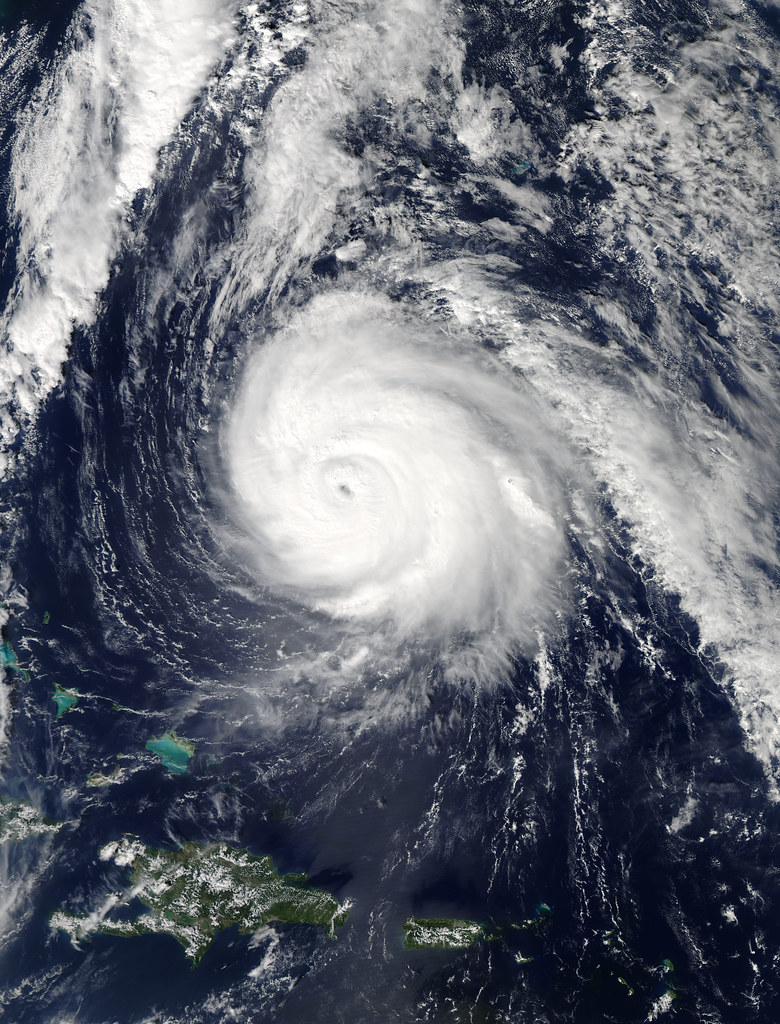The Earth’s oceans play a vital role in regulating the planet’s climate, absorbing vast amounts of carbon dioxide and heat. However, as a result of human activities, particularly the burning of fossil fuels, the oceans are warming at an alarming rate. This warming, along with other changes in the oceans, is having a significant impact on marine life and ecosystems, as well as on human societies that depend on them.
Table of Contents
ToggleThe Science of Ocean Warming
The science of ocean warming is complex and still not fully understood, but the basic mechanisms are well established. The burning of fossil fuels releases large amounts of carbon dioxide (CO2) into the atmosphere, which traps heat and causes the Earth’s surface to warm. A portion of this heat is absorbed by the oceans, causing them to warm as well.

Recent research has shown that the oceans are warming at a rate that is faster than previously thought. According to the Intergovernmental Panel on Climate Change (IPCC), the oceans have absorbed more than 90% of the excess heat caused by human activities. This has led to an overall warming of the oceans by about 0.13 degrees Celsius per decade since the 1970s.
Impacts of Ocean Warming
Ocean warming is having a wide range of impacts on marine life and ecosystems. Warmer waters can lead to coral bleaching and the death of coral reefs, which are important habitats for many species of fish and other marine animals. Warmer waters can also lead to changes in the distribution and abundance of fish and other marine species, which can disrupt entire ecosystems.
In addition to these impacts on marine life, ocean warming is also having a significant impact on human societies that depend on the oceans for food, livelihoods, and coastal protection. Warmer waters can lead to changes in the distribution and abundance of fish, which can disrupt fishing communities. In addition, ocean warming can lead to more intense storms and sea level rise, which can damage coastal infrastructure and displace communities.
What Can We Do to Address Ocean Warming?
Addressing ocean warming will require a concerted effort from individuals, governments, and the private sector. One of the most important things we can do is to reduce our greenhouse gas emissions by transitioning to cleaner forms of energy and implementing policies that promote energy efficiency and conservation.
Individuals can also take action by reducing their own carbon footprint, for example by driving less, eating less meat, and using energy-efficient appliances.
Another important step is to invest in research and development of new technologies that can help us to better understand and address the impacts of ocean warming. This could include developing new ways to capture and store carbon, as well as developing new methods for monitoring and predicting changes in the oceans.
Finally, we must also work to protect and restore marine ecosystems, such as coral reefs and coastal wetlands, which can help to mitigate the impacts of ocean warming.
Conclusion
Ocean warming is a serious and growing threat to our planet. It is having a wide range of impacts on marine life and ecosystems, as well as on human societies that depend on the oceans. To address this threat, we must take action to reduce our greenhouse gas emissions, invest in research and development, and protect and restore marine ecosystems. We must work together to ensure that the oceans can continue to support life and provide vital services to humanity.








5 thoughts on “Ocean Warming and Climate Change: A Growing Threat to Our Planet”
Pingback: The Critical Role of Phytoplanktons in Environmental Sustainability
Pingback: Understanding the effect of La Niña and El Niño on Climate Change
Pingback: The Sooner Worst Impacts of Sea Level Rise Will Hit
Pingback: Hey Earthlings, Wake Up It's Time To Face Reality We're Doomed! - Sustainability Awakening
Pingback: The Oxygen Crisis: How Ocean Warming is Affecting Fish Populations - Sustainability Awakening